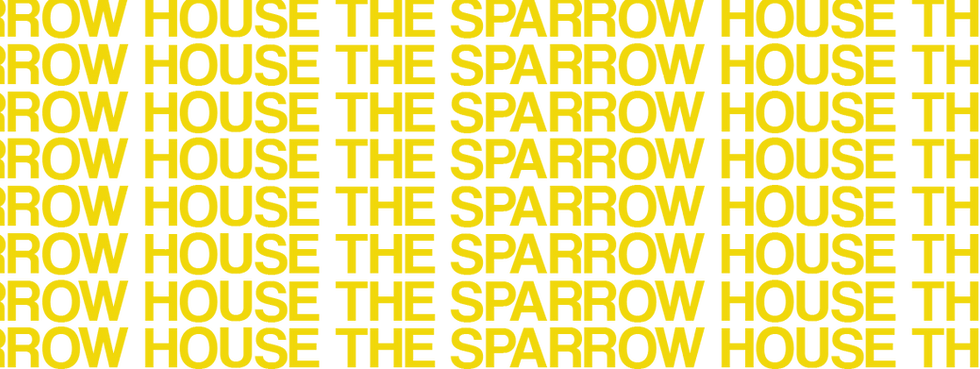
Goals

The Sparrow House, Inc. is a collective workspace that unifies California residents, businesses and community resources. Our mission is achieved by offering space for programs and initiatives in the following avenues; Economic Empowerment, Collaborative Development, and The Promotion of Food Security.

Economic Empowerment
Collaborating with organizations to encourage credit building, home ownership and entrepreneurship through workshops.
Traditional economic development emphasizes investments in places over investment in people. It has focused simply on expanding the tax base instead of explicitly creating economic opportunity for marginalized communities. These policies historically disenfranchised communities of color and continue to perpetuate the displacement of low-income communities. Equitable economic development empowers low-income communities, immigrant communities, and communities of color in accessing good jobs and stable neighborhoods. If there is racial and economic justice, there is economic opportunity.
SOURCE - Equitable Economic Development

Collaborative Development
We will be partnering with mental health specialists to provide onsite services. promoting family reunification and to create social impact.
The dynamism of cities represents a major sustainable development opportunity. By getting urban development and collaborative development right, cities can create jobs and offer better livelihoods; increase economic growth; improve social inclusion; promote the decoupling of living standards and economic growth from environmental resource use; protect local and regional ecosystems; reduce both urban and rural poverty; and drastically reduce pollution. Sound urban development will accelerate progress towards achieving the end of extreme poverty.
SOURCE - Urbanization and Sustainable Development

Promotion of Food Security
The Sparrow House Farm, LLC is collaborating with local Chef and food grower, Chef E, owner of Greenz N Tingz for the community garden. Learn more about Chef E here:
Food deserts are a weakness in a city infrastructure’s ability to provide poorer residents with access to healthy food options. A lack of access to nutritious food options multiplies the barriers to health and wellbeing that individuals who live in multidimensional poverty face daily. For many living in food deserts, gas stations or convenience stores are the closest options for obtaining sustenance. For individuals already experiencing multidimensional poverty, living in a food desert can lead to malnutrition, obesity, or decreased educational and economic achievement.
Louisville currently ranks 10th among its peers in households living in a food desert with 3.56% of households living in a food desert.
SOURCE - Greater Louisville Project
